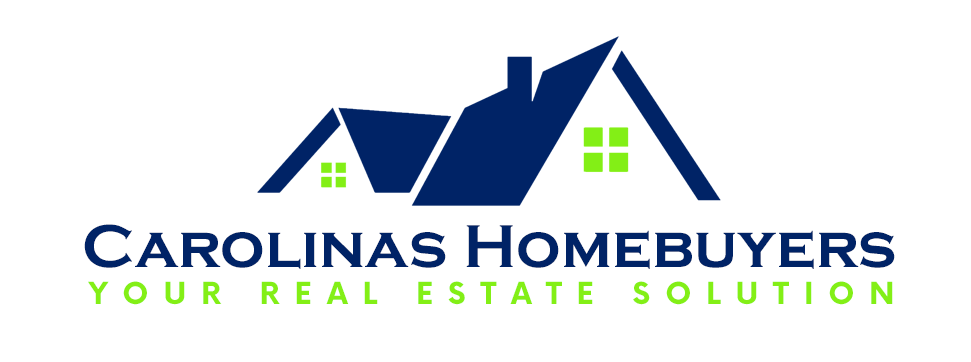
Selling a house can be both an exciting and nerve-wracking experience. It involves various legal and financial decisions that can significantly impact your future. One crucial aspect of selling a property in Greenville, SC, or any other location, is whether or not you should sign a trust deed. Trust deeds are legal documents that can provide both benefits and drawbacks for the parties involved. In this blog, we’ll explore what a trust deed is, its advantages and disadvantages, and whether it’s the right option for you when selling your house in Greenville, SC.
Understanding Trust Deed:
A trust deed, also known as a deed of trust, is a document used in real estate transactions where a borrower (the homeowner) transfers the legal title of their property to a trustee (often a neutral third party) as security for a loan. This security serves as collateral for the lender (usually a bank or financial institution) in case the borrower defaults on the loan. Trust deeds are commonly used in states like South Carolina, where they provide a non-judicial foreclosure process, making it easier for lenders to reclaim the property if the borrower fails to make timely mortgage payments.
Advantages of Signing a Trust Deed:
- Simplified Foreclosure Process: By signing a trust deed, the foreclosure process becomes quicker and more straightforward for the lender. In the event of a default, the lender can initiate a non-judicial foreclosure, which doesn’t require court involvement, potentially saving time and money.
- Faster Closing: In some cases, buyers may prefer properties with trust deeds because the process of transferring the title can be quicker compared to traditional mortgages.
- Flexibility for Negotiation: Trust deeds allow for flexibility in negotiations, such as setting the terms of the loan, interest rates, and repayment schedules. This can be advantageous for both parties.
Disadvantages of Signing a Trust Deed:
- Limited Legal Protection: As the borrower, signing a trust deed means you have fewer legal protections compared to a traditional mortgage. With a non-judicial foreclosure process, you may have less time to address the default before facing foreclosure.
- Risk of Losing Property Quickly: Since trust deeds expedite the foreclosure process, you may lose your property faster if you default on the loan. This could lead to a higher likelihood of losing your investment and potentially ending up in a worse financial situation.
- Lack of Transparency: Trust deeds involve multiple parties, including the lender and trustee, which might make the process less transparent. This can lead to potential misunderstandings or disputes down the line.
Is Signing a Trust Deed Right for You?
Deciding whether to sign a trust deed when selling your house in Greenville, SC, is a significant decision that should be made after careful consideration of your individual circumstances. Here are some factors to contemplate:
- Financial Stability: If you have a stable financial situation with a reliable source of income, the risks associated with signing a trust deed may be more manageable.
- Understanding the Process: Make sure you fully comprehend the implications of a trust deed, including the potential risks and benefits. Seeking legal advice from a real estate attorney can be beneficial in this regard.
- Alternative Options: Consider alternative financing options and discuss them with potential buyers. Some buyers might be willing to pursue a conventional mortgage, which could provide you with more favorable terms and conditions.
- Future Plans: Evaluate your future plans and whether you’ll need the protection offered by traditional mortgages in case of financial difficulties.
In conclusion, whether or not you should sign a trust deed when selling your house in Greenville, SC, depends on your unique situation and risk tolerance. While it offers benefits like a simplified foreclosure process and faster closing, it comes with disadvantages such as limited legal protection and a quicker property loss in case of default. Before making a decision, it is advisable to consult with a real estate attorney and carefully weigh the pros and cons to ensure the best outcome for your specific circumstances. Remember, being informed and well-prepared is the key to making sound real estate decisions. Give us a Call at 843-919-4343.
Contact Us
We would love to hear from you! Please fill out this form and we will get in touch with you shortly.

